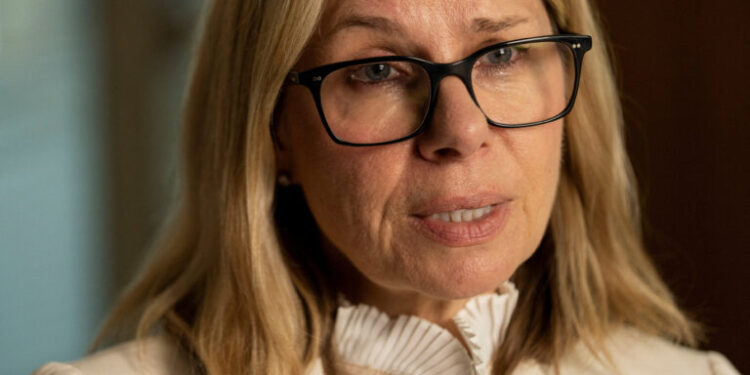The Managing Director of Operations at the World Bank, Anna Bjerde, is scheduled to arrive in Nigeria for a crucial two-day visit, marking her first official trip to the country in her current capacity. This visit underscores the World Bank’s deepening engagement with Nigeria’s development agenda.
Bjerde’s itinerary in Nigeria will focus on various pillars of Nigeria’s development strategy, including macroeconomic and fiscal policies, energy access, digital infrastructure enhancement, and skill development. A key highlight of her visit will be her participation in the Western and Central Africa Ministers of Finance meeting, co-hosted by the Nigerian government and the World Bank.
During this meeting, Bjerde will discuss the region’s ambitious developmental goals and explore the role of enhanced International Development Association (IDA) resources in accelerating growth, job creation, and sustainable development.
Throughout her visit, Bjerde will engage in high-level bilateral meetings with key figures such as Mr. Olawale Edun, the Minister of Finance and Coordinating Minister of the Economy; Mr. Abubakar Atiku Bagudu, the Minister of Budget and Economic Planning; and Mr. Olayemi Cardoso, the Governor of the Central Bank of Nigeria (CBN). Additionally, she will lead a roundtable discussion with prominent private sector leaders from the energy and digital sectors.
Accompanying Bjerde on this significant visit are notable World Bank figures, including Ousmane Diagana, Vice President for Western and Central Africa; Sérgio Pimenta, Vice President of the International Finance Corporation (IFC) for Africa; and Ethiopis Tafara, Vice President of the Multilateral Investment Guarantee Agency.
ALSO READ: Govt seeks World Bank’s partnership for massive housing provision: Nigeria
The World Bank’s role in Nigeria is substantial, with over $15 billion in commitments supporting 30 active programs as of January 2024. Beyond financing, the World Bank provides policy advisory services, institutional strengthening, and implementation support. The International Finance Corporation (IFC) also plays a crucial role in Nigeria, with a $2.0 billion investment portfolio focused on promoting diversified growth, inclusivity, sustainability, and job creation. This includes initiatives to enhance access to finance for MSMEs, promote universal and green energy, and support agribusiness and manufacturing sectors.
Source: Nairametrics


































